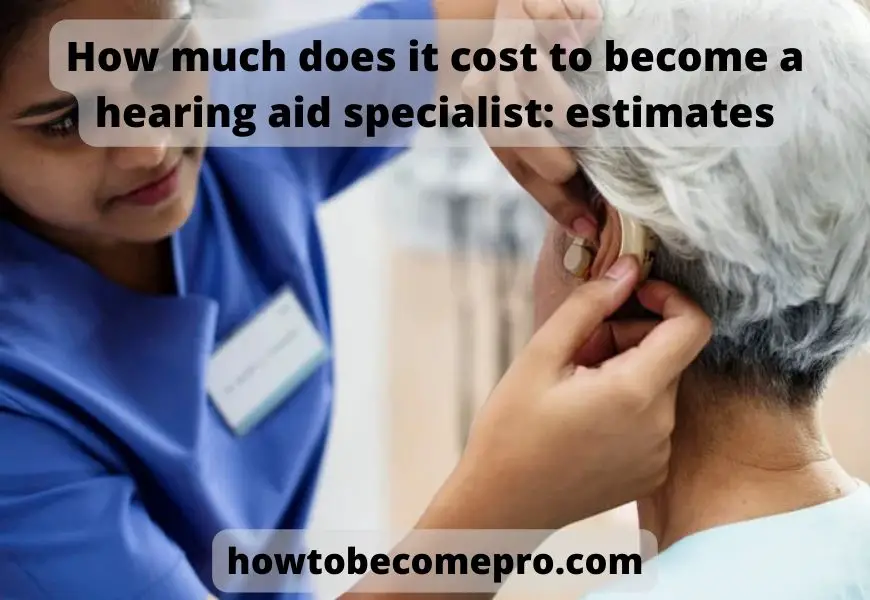How much does it cost to become a hearing aid specialist? The field of hearing healthcare is significant and rewarding, and becoming a hearing aid specialist can be a fulfilling career choice. The need for qualified professionals who can assist individuals with hearing loss has never been greater. Hearing aid specialists play a pivotal role in assessing, fitting, and maintaining hearing aid technology to improve the quality of life for those with hearing impairments.
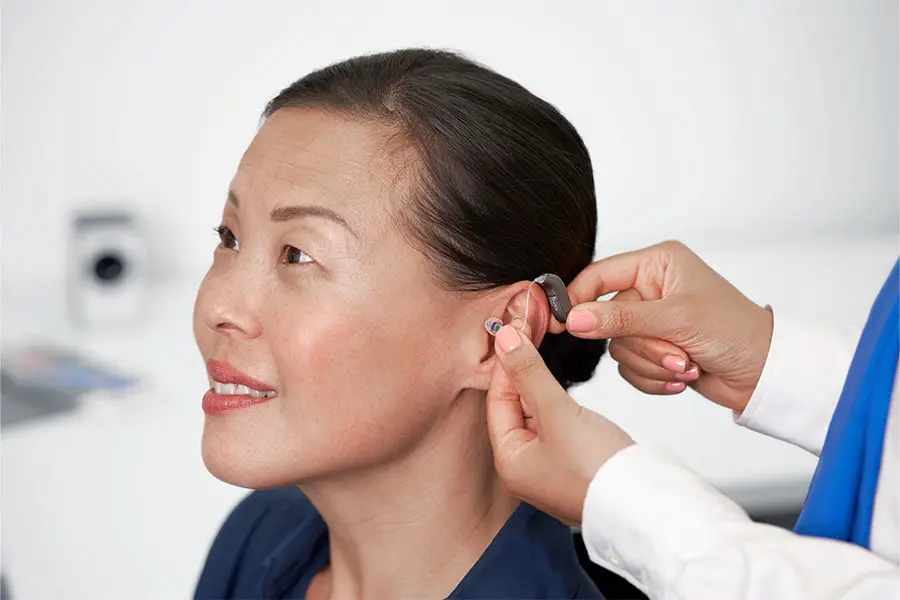
In this article, we will explore the steps and costs involved in pursuing a career as a hearing aid specialist. Are you a high school graduate looking for a promising career path or an individual considering a change in vocation? Understanding the financial and educational requirements of this profession is vital.
So, how much does it cost to become a hearing aid specialist? What does the journey entail?
If you are interested in knowing the answers—you’ve come to the right place. We’ll delve into the necessary education and training, licensing requirements, and the associated fees.
By the end of this article, you’ll have a comprehensive understanding of the financial commitment and career path needed to embark on this valuable and meaningful journey within the field of hearing healthcare by helping people with hearing loss.
Approximate estimates
Becoming hearing aid specialists involves a series of educational and licensing steps. Let’s break down the approximate costs associated with each of these elements:

- High school degree: unless it’s a private or an online secondary education program with a tuition fee that must be paid by the student and can range from a few hundred to a few thousand dollars, this part is free for the students.
- Associate Degree or Training Program: many hearing aid specialists complete such a degree or program. The cost of these programs can vary. Community colleges often offer affordable programs for students, typically costing around $2,000 to $4,000 per year.Specialized training programs for a hearing instrument specialist may vary in cost but could range from a few hundred to a few thousand dollars.As for the Bachelor’s degree, it’s not required although always appreciated.
- Licensing fee: to obtain a hearing aid specialist license, you’ll need to pay a licensing fee. These fees can vary from state to state but generally range from $50 to $300. Additionally, there may be renewal fees in subsequent years.
- National Board Written Exam (NBC-HIS): The National Board for Certification in Hearing Instrument Sciences administers the exam required for obtaining a hearing aid specialist license and assisting people with hearing loss. The exam fee is approximately $195.
- Application fee: When applying for hearing instrument specialist licensing, you may need to pay a fee after filling in an application form, which can range from $50 to $150.
- Membership with Professional Organizations: joining professional organizations like the International Hearing Society (IHS) may be beneficial for your career. A membership fee may vary, with IHS membership typically costing around $215 per year.
- Continuing education: as a hearing aid specialist, you’ll need to stay updated on the latest technology used in producing hearing aids. This may involve ongoing training, which can have varying costs depending on the courses a hearing instrument specialist opts for.
It’s important to note that costs can fluctuate over time and may vary by location. Scholarships, financial aid, and grants may help offset some of the expenses. Be sure to research and compare educational institutions and training programs to find the option that best suits your budget and career goals.
The path to the job
Becoming a hearing aid specialist involves a well-defined path that includes obtaining knowledge, training, and licensing. Let’s explore the key steps in this journey.

Education
The first step for most aspiring hearing aid specialists is to complete their high school education. This is a basic requirement and sets the foundation for further studies.
Associate Degree or Training Program
Many hearing aid specialists complete such a degree or training program in hearing instrument sciences and hearing loss issues. These programs are typically offered by community colleges and vocational schools.
The curriculum covers essential topics such as hearing aid technology, patient care, and ethics. Some of the skills you’ll acquire include performing hearing tests, fitting hearing aids, and educating patients on their use.
An associate degree program usually takes around two years to complete, while training programs may have varying durations.
Licensing
To practice as a hearing aid specialist, you must obtain a license as assisting people with hearing loss is a demanding job requiring certain skills. Licensing requirements vary by state, but they typically include passing an exam administered by the NBC-HIS. Successful completion of the exam demonstrates your competency in the field.
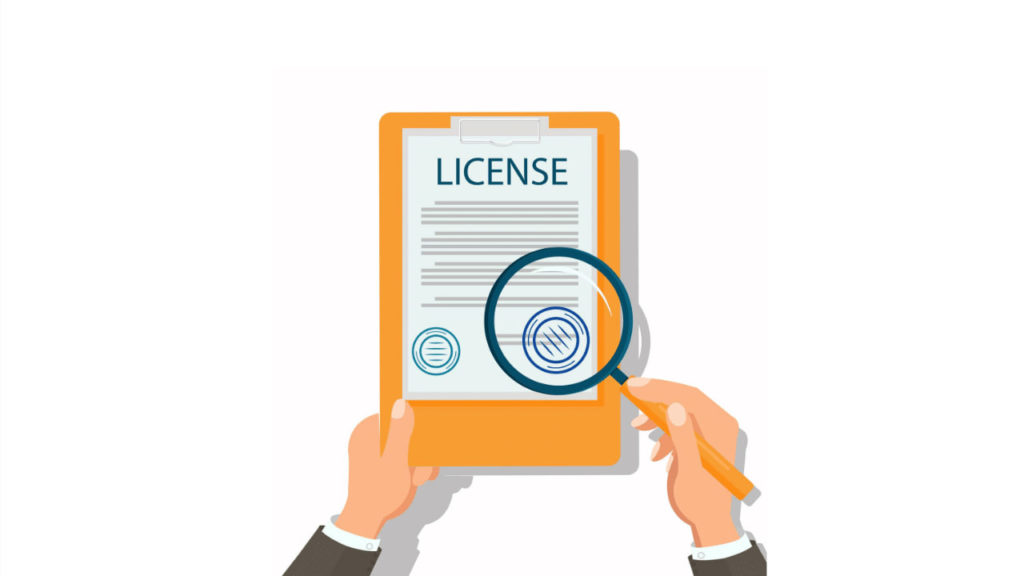
After passing the exam, you’ll need to apply for licensure to your state’s regulatory board. This application may include a fee.
Continuing education
Staying up-to-date with the latest advancements in hearing technology and caring for patients with hearing loss is crucial in this profession. Many states require hearing aid specialists to complete a certain number of educational hours each year to maintain their licenses. These hours may involve workshops, seminars, or online courses.

Job search
With your license in hand, you can start your job search. Hearing aid specialists can find employment in various settings, including audiology clinics, hospitals, private practices, and hearing aid dispensing offices. Networking and building relationships with potential employers can be beneficial during your job hunt.
Career growth
As you gain experience in the field, you may consider further specialization or advancement.

Some hearing aid specialists choose to specialize in a particular area, such as pediatric audiology, working with children with hearing loss while others may pursue roles with greater responsibilities or management positions.
Professional organizations
Joining professional organizations like the IHS can provide valuable resources, networking opportunities, and access to the latest industry knowledge. Becoming a member of such organizations can help you stay informed and connected within the hearing healthcare community.

The path to becoming a hearing aid specialist requires dedication and a commitment to ongoing education. By following these steps and investing in your education and licensure, you can embark on a fulfilling career that makes a meaningful difference in the lives of individuals with hearing loss.
Top Certificates for a Hearing Aid Specialist in the US
Becoming a hearing aid specialist in the United States typically involves earning the necessary educational credentials, followed by state licensure. However, several certifications can further enhance your qualifications and expertise within the field of hearing instruments and hearing loss.
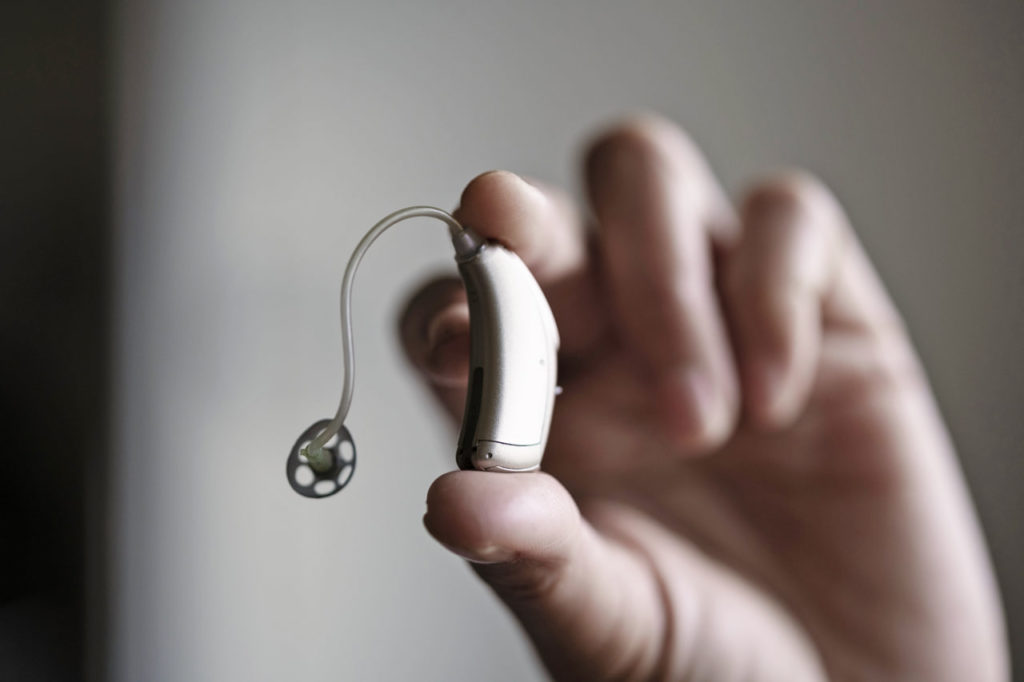
These certifications can demonstrate your commitment to ongoing professional development and may open doors to more advanced career opportunities by attracting potential employers.
Here are some of the top certificates relevant to hearing aid specialists.
National Board for Certification in Hearing Instrument Sciences
NBC-HIS certification is one of the primary certifications for hearing aid specialists in the US. To obtain this certification, you must pass the NBC-HIS written exam. Achieving this certification demonstrates your competence in hearing aid sciences and can be a significant asset in your career.
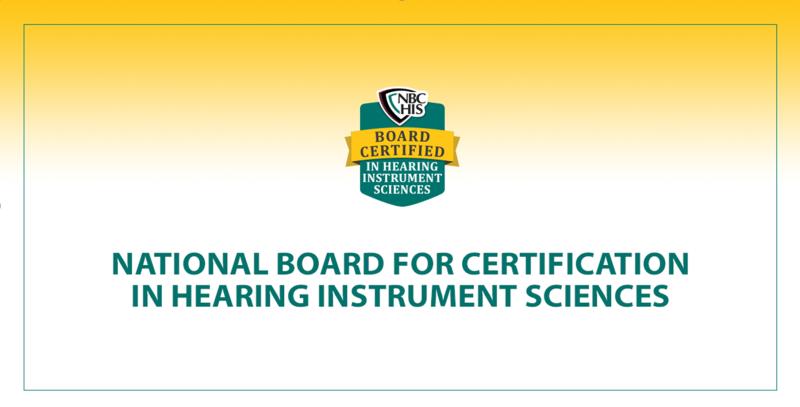
International Hearing Society (IHS) Certification
The International Hearing Society offers various certifications, such as the Certified Hearing Aid Dispenser (CHAD) and the Certified Industrial Hearing Conservationist (CIHC) credentials. These certifications demonstrate your expertise in different aspects of hearing healthcare, from patient care to hearing conservation programs.
State licensure
While not a traditional certification, obtaining your state licensure is crucial. State licensure requirements vary, but successfully obtaining your license is a certification in itself, as it demonstrates your competency in adhering to state-specific regulations and standards.
American Board of Audiology (ABA) Certification
While primarily designed for audiologists, ABA certifications can be relevant for hearing aid specialists looking to broaden their skill set. The Certificate Holder of Tinnitus Management (CH-TM) and the Certificate Holder of Cochlear Implants (CH-CI) certifications are examples of specialized certifications offered by the ABA.
Obtaining these certificates not only enhances your knowledge and skills but also makes you a more attractive candidate for employers and may lead to increased earning potential.
Ultimately, the choice of which certificates to pursue will depend on your career goals, areas of interest, and the specific demands of your work as a hearing aid specialist.
To conclude
Becoming a hearing aid specialist is a noble and rewarding career choice, offering the opportunity to make a meaningful impact on the lives of individuals with hearing loss. Throughout this article, we’ve explored the various aspects involved in pursuing this profession, from the financial investments to the educational journey and the certifications that can further enhance your qualifications.
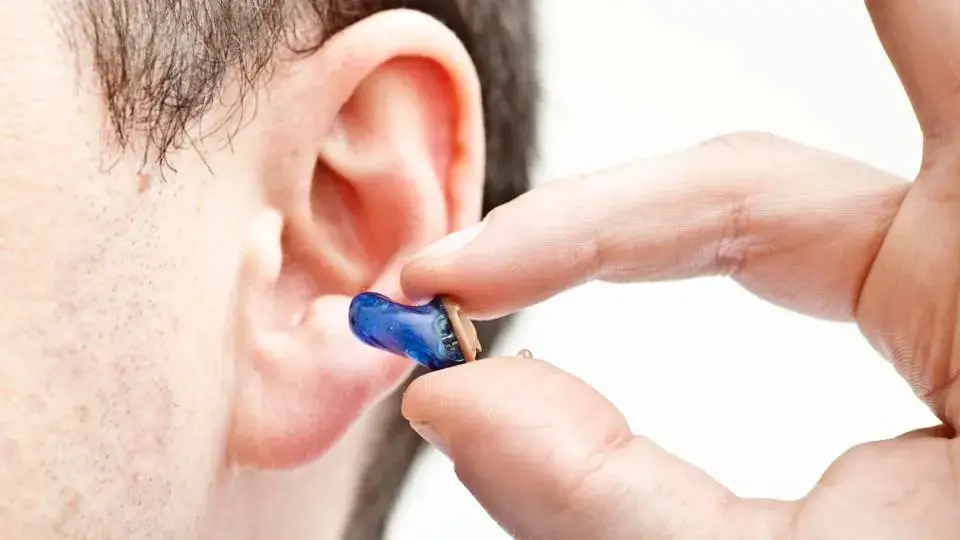
Understanding the costs associated with becoming a hearing aid specialist is essential, as it allows you to make informed decisions about your career path. From obtaining a high school diploma to pursuing associate degrees or training programs, the financial commitment can vary. A licensing fee, application fee, and the cost of sitting for the exam are all important considerations.
Remember, to become a hearing aid specialist you may need to invest, but the rewards, both personally and professionally, are immeasurable.
FAQ
Is a hearing aid specialist the same as an audiologist?
No, they are not the same. An audiologist has a higher level of education and can diagnose and treat various hearing disorders, while a hearing aid specialist focuses on fitting and maintaining hearing aids.
Is being a hearing aid specialist stressful?
The level of stress can vary, but it’s generally considered a relatively low-stress career compared to some other healthcare professions.
How do I become a hearing aid specialist in CA?
To become a hearing aid specialist in California:
Get a high school diploma.
Complete a training program or earn an associate degree.
Gain experience with hearing instruments.
Pass the NBC-HIS exam.
Apply for a license through the state board.
How do I become a hearing aid specialist in Iowa?
To become a specialist in hearing aids in Iowa:
Complete a high school degree or equivalent.
Complete an approved hearing instrument specialist training program.
Pass the written and practical exams.
Apply for a license through the Iowa Department of Public Health.
